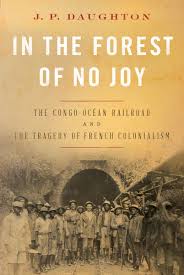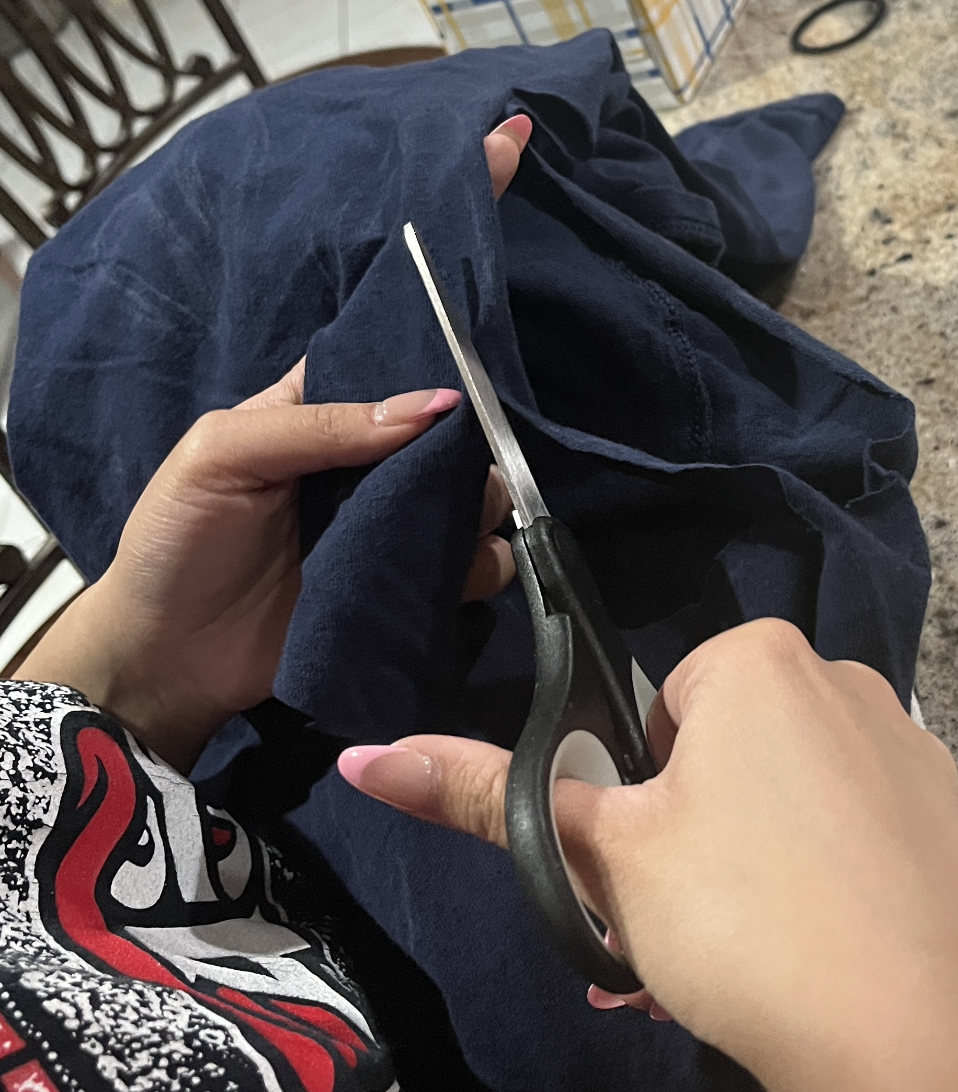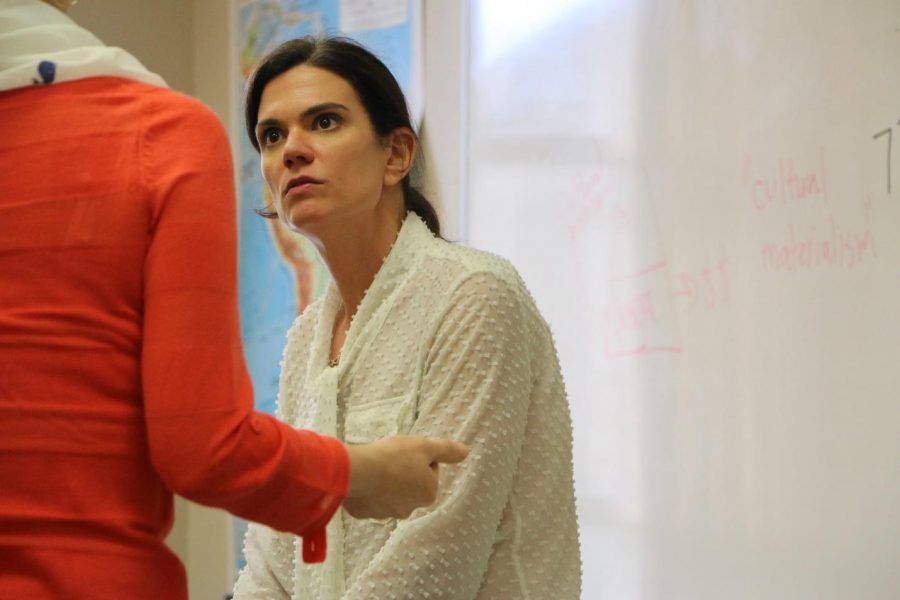Professor Alvarez brings forth a new wave of change
Professor Alvarez takes on student questions and concerns in her Approaches to Literary Studies class, where students perform English, engaging in literary theory and social issues by applying various analyses of texts through theoretical methods such as African American criticism, Ecocriticism and Queer Theory.
There are countless movements that have swept the country, demanding basic human rights and changing the lives of millions, from outlawing segregation to the Supreme Court overruling the ban on same-sex marriage. In the wake of the MeToo Movement and Black Lives Matter, another mass-call for social justice is at an all-time peak. These movements have brought up a generation Brookdale’s Women’s Studies Option Coordinator and English Professor Roseanne Alvarez thinks is the next wave of change.
“I always tell my kids,” a term she uses for her students, “like right now I feel like I could retire, because I’ve been waiting for a group of people who can take [this] on – because I was part of that third wave group of feminism. I just feel so happy, the Queer movement, the Black Lives Matter movement and all of these different movements really do come together and have shared interests, and my students who are involved in it, they see the relationships between these things. This group is truly intersectional in the way that I was learning about approaching injustice when I was young.”
Alvarez has taught at Brookdale for almost 18 years, facing her fair share of family obstacles, and has become more than a Professor, but a mentor and safe-guarder. She is the founder and force behind Brookdale’s club and program Women in Learning and Leadership (WILL). Before Alvarez, Brookdale had no women’s organization on campus and WILL programs were typically found at four-year institutions, such as The College of New Jersey (TCNJ). This didn’t stop Alvarez from creating a version specifically for a Community College.
“You know, we don’t have the budget or the kind of support, or an endowment. TCNJ, they have an endowment, students can do these amazing these, but we don’t have that, so what resources can we use?”
It wasn’t the first time Alvarez had founded a women’s organization on a campus. As an undergraduate at Montclair University, she noticed the campus had no feminist or women’s group, “So, I, with a group of other students, we started the first kind of feminist organization on campus and so it was at the time called the WSO (Women Students’ Organization). So, we did campus protests, we took bus trips to rallies,” she said. Montclair now has a Women Center.
What Alvarez has created at Brookdale is a space for more than just leadership skills essential for women, but advocacy and change, “The students that I work with in WILL, they need these skills but they’re also active in social justice and advocacy, they care about these things, and I wanted to create a space that merged those two things.”
After Bret Kavanagh won a seat in the Supreme Court after allegations of drunken sexual assault, Alvarez said her students were mortified. In light of the MeToo-Movement, his win felt like a serious blow, but Alvarez saw a perfect opportunity. Her and her students decided to work with the shelter and advocacy group for survivors of assault and violence, “180 Turning Lives Around” in Monmouth County.
“We had a ‘Why I Didn’t Report’ panel, and we had an educator from ‘180’ come and talk about it to the students. That was in the fall. And now in Spring, what we’re doing, is raising money for ‘180,’ because we felt like our only response could be to try and support women who been victims and are survivors of assault and violence.”
According to Alvarez, feminism is what saved her in her conflict with society’s standards of what it meant to be a woman, “Feminism taught me to love myself,” she said, “It’s here, through the WSO, through GEO and through WILL that feel like I could really engage in the work of feminism. I get to make a difference, at least, with my students, and even on the county level, because that’s where it matters.”


























